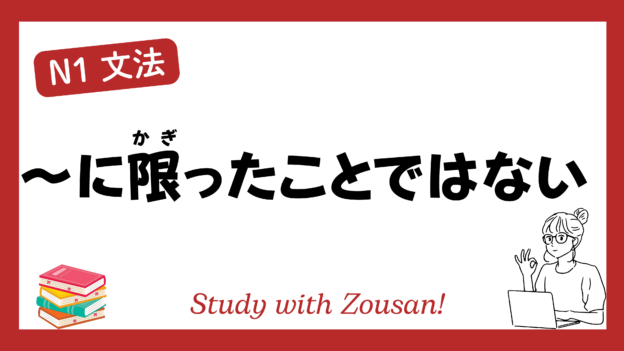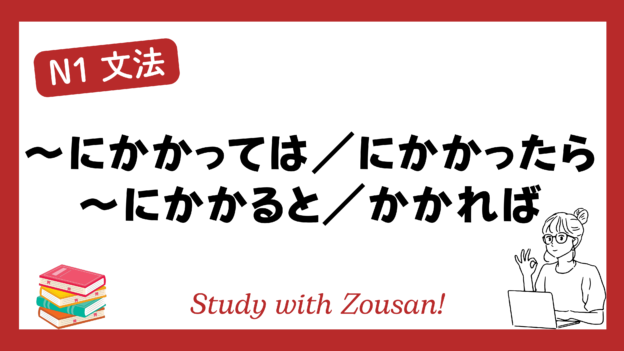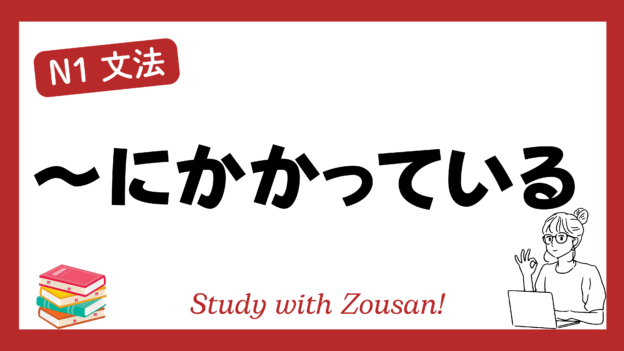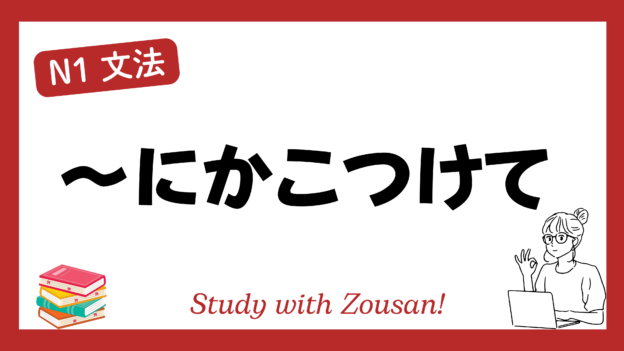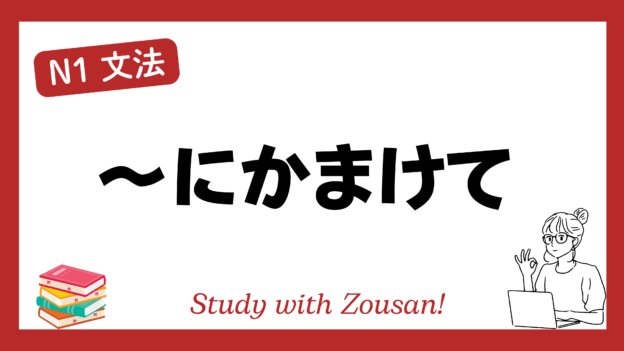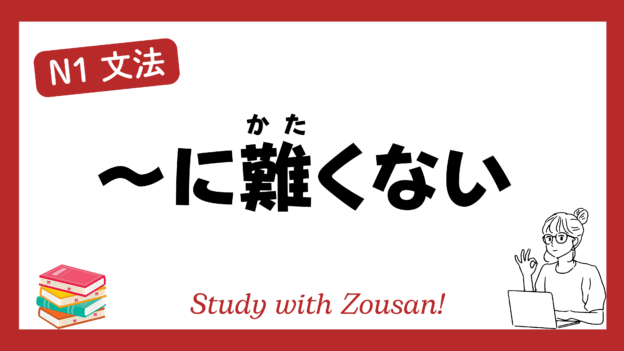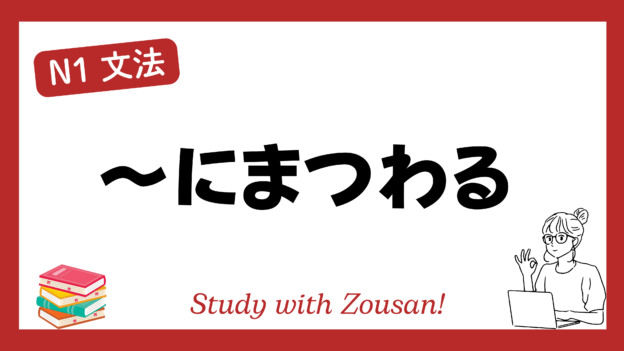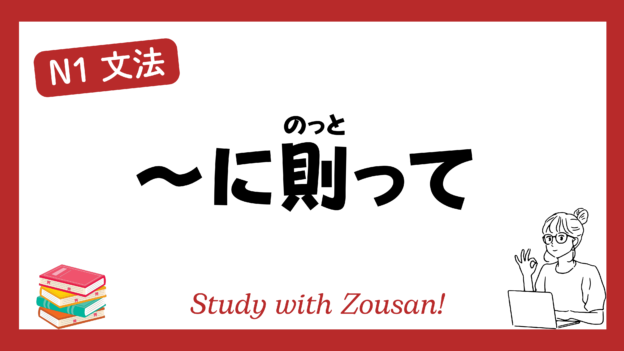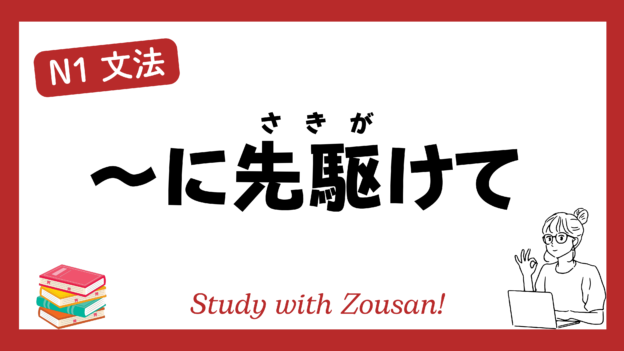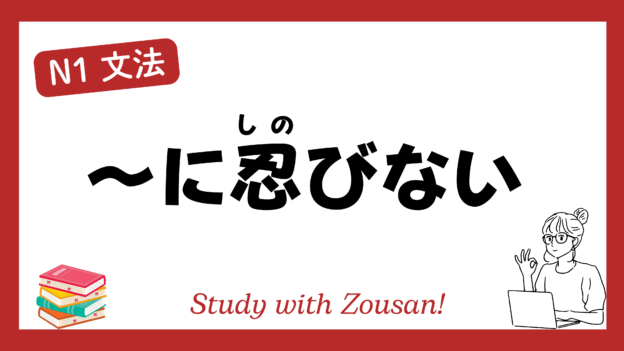Meaning: “Not limited to…”, “Not only restricted to…”
The structure ~に限ったことではない (~にかぎったことではない) is used to express that a certain situation, issue, or phenomenon is not confined to one particular subject but can happen in other contexts as well. It emphasizes that what is being referred to is not a unique case.
※Note: This structure is often used to refute the idea that something applies only to a specific situation or object.
Structure:
| Noun + | に限ったことではない に限ったことでもない |
Example:
-
-
-
🌟 遅刻するのは彼に限ったことではない。
(ちこく する の は かれ に かぎった こと では ない。)
Being late is not limited to just him. -
🌟 この問題は日本に限ったことではない。
(この もんだい は にほん に かぎった こと では ない。)
This problem is not limited to Japan. -
🌟 スマホの使いすぎは若者に限ったことではない。
(スマホ の つかいすぎ は わかもの に かぎった こと では ない。)
Excessive smartphone use is not restricted to young people. -
🌟 ストレスを感じるのは仕事をしている人に限ったことではない。
(ストレス を かんじる の は しごと を している ひと に かぎった こと では ない。)
Feeling stressed is not limited to people who work. -
🌟 事故が起こるのはこの道に限ったことではない。
(じこ が おこる の は この みち に かぎった こと では ない。)
Accidents don’t happen only on this road. -
🌟 環境問題は一部の国に限ったことではない。
(かんきょう もんだい は いちぶ の くに に かぎった こと では ない。)
Environmental issues are not limited to certain countries. -
🌟 健康に気をつけるのは年配の人に限ったことではない。
(けんこう に きを つける の は ねんぱい の ひと に かぎった こと では ない。)
Paying attention to health is not limited to older people. -
🌟 うつ病は大人に限ったことではなく、子供にも見られる。
(うつびょう は おとな に かぎった こと では なく、こども にも みられる。)
Depression is not limited to adults, it can also be seen in children. -
🌟 失業の問題は都市部に限ったことではない。
(しつぎょう の もんだい は としぶ に かぎった こと では ない。)
The issue of unemployment is not limited to urban areas. -
🌟 家事の負担は女性に限ったことではなく、男性も感じている。
(かじ の ふたん は じょせい に かぎった こと では なく、だんせい も かんじている。)
The burden of housework is not limited to women, men also feel it.
-
-


